Dell Technologies and Red Hat team up to bring generative AI to PowerEdge servers
The two companies say the collaboration will help customers ramp up deployment of generative AI models across hybrid cloud environments

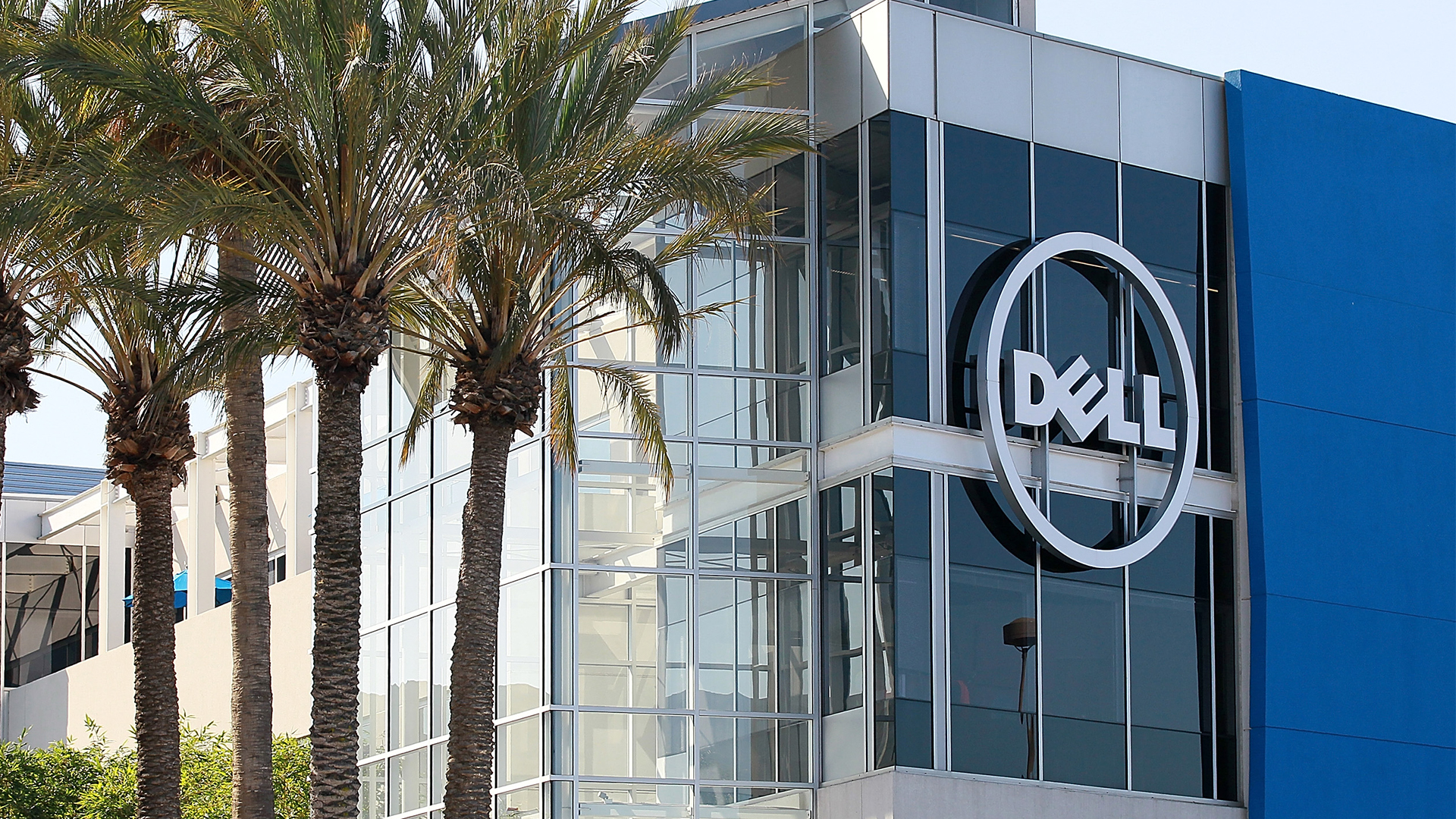
Stay up to date with the latest Channel industry news and analysis with our twice-weekly newsletter
You are now subscribed
Your newsletter sign-up was successful
Dell Technologies and Red Hat are teaming up to bring the Red Hat Enterprise Linux AI (RHEL AI) to Dell's PowerEdge servers, aiming to make it easier to develop, test and deploy generative AI models.
The idea is to help organizations to implement successful AI and machine learning strategies to scale their IT systems and power enterprise applications across their businesses.
"AI by nature requires extensive resources spanning enabled servers, compute power and GPUs,” Joe Fernandes, vice president and general manager, Generative AI Foundation Model Platforms at Red Hat.
“As organizations evaluate and implement GenAI use cases, it is imperative that they build on a platform that is able to scale with their business while also providing the agility to experiment and develop AI-driven innovations.
"By collaborating with Dell Technologies to validate and empower RHEL AI on Dell PowerEdge servers, we are enabling customers with greater confidence and flexibility to harness the power of GenAI workloads across hybrid cloud environments and propel their business into the future."
The duo said they're providing a more consistent AI experience on optimized, AI-enabled hardware solutions, all delivered on RHEL AI on Dell PowerEdge. This involves continuously testing and validating hardware solutions, including Nvidia accelerated computing, with RHEL AI.
"In today’s fast-paced market, it is critical for organizations to be equipped with validated and trusted AI-enabled solutions to kick-start their GenAI use cases," said Bob Pette, Nvidia's vice president, enterprise platforms.
Stay up to date with the latest Channel industry news and analysis with our twice-weekly newsletter
"Red Hat and Dell will extend GenAI capabilities for customers with an optimized experience for Nvidia accelerated computing, including Nvidia H100 Tensor Core GPUs, with Dell PowerEdge servers and RHEL AI."
RHEL AI brings together open source-licensed Granite large language models (LLMs) from IBM Research, InstructLab model alignment tools based on the Large-scale Alignment for chatBots (LAB) methodology, and a “community-driven approach” to model development through the InstructLab project.
The solution, which will be available in the third quarter of this year, is packaged as a bootable RHEL image for individual server deployments across the hybrid cloud.
It's included as part of Red Hat OpenShift AI, Red Hat’s hybrid cloud machine learning operations (MLOps) platform, for running models and InstructLab across distributed cluster environments.
"Validating RHEL AI for AI workloads on Dell PowerEdge servers provides customers with greater confidence that the servers, GPUs and foundational platforms are tested and validated on an ongoing basis," said Arun Narayanan, senior vice president, Dell Technologies.
"This simplifies the GenAI user experience and accelerates the process to build and deploy critical AI workloads on a trusted software stack."
Emma Woollacott is a freelance journalist writing for publications including the BBC, Private Eye, Forbes, Raconteur and specialist technology titles.
-
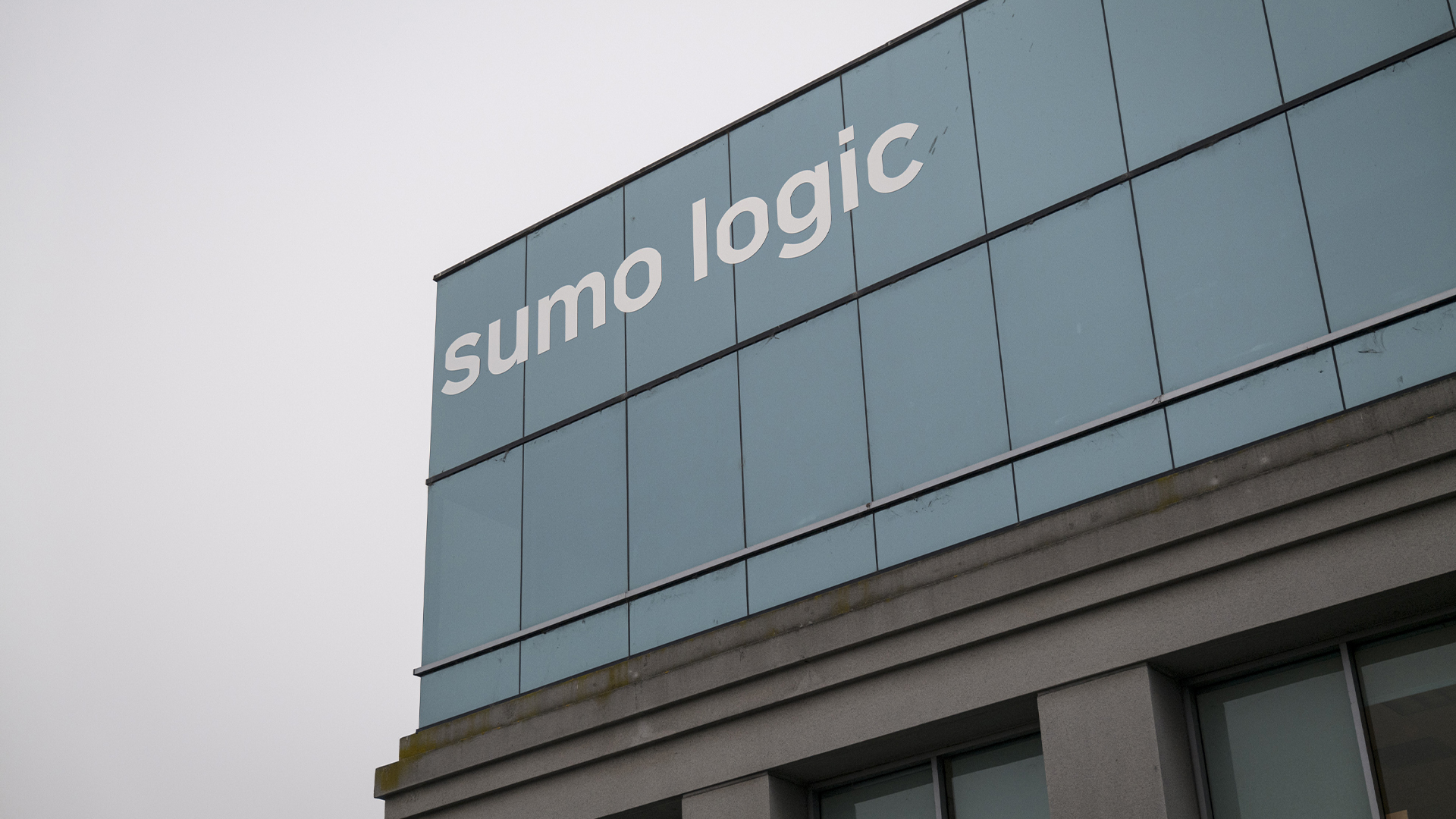 Sumo Logic expands European footprint with AWS Sovereign Cloud deal
Sumo Logic expands European footprint with AWS Sovereign Cloud dealNews The vendor is extending its AI-powered security platform to the AWS European Sovereign Cloud and Swiss Data Center
-
 Going all-in on digital sovereignty
Going all-in on digital sovereigntyITPro Podcast Geopolitical uncertainty is intensifying public and private sector focus on true sovereign workloads
-
 ‘There’s been tremendous agent washing’: Dell Technologies CTO John Roese says the real potential of AI agents is just being realized – and they could end up managing humans
‘There’s been tremendous agent washing’: Dell Technologies CTO John Roese says the real potential of AI agents is just being realized – and they could end up managing humansNews As businesses look for return on investment with AI, Dell Technologies believes agents will begin showing true value at mid-tier tasks and in managerial roles.
-
 Dell Technologies doubles down on AI with SC25 announcements
Dell Technologies doubles down on AI with SC25 announcementsAI Factories, networking, storage and more get an update, while the company deepens its relationship with Nvidia
-
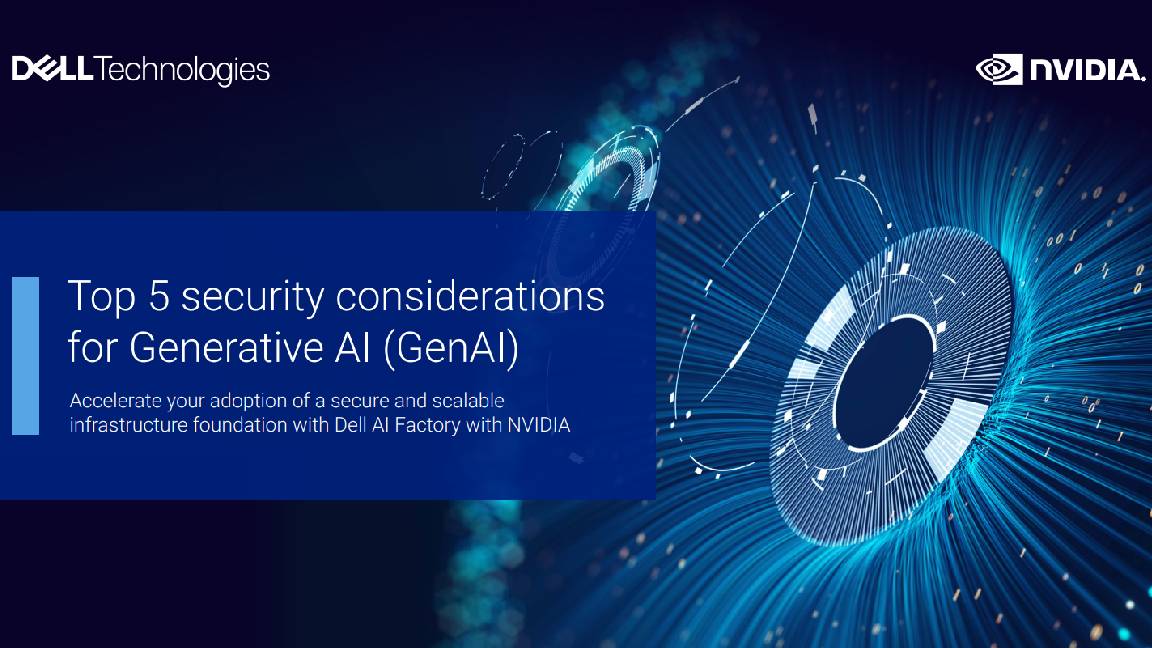 Top five security considerations for Generative AI (Gen AI)
Top five security considerations for Generative AI (Gen AI)whitepaper Protection across AI attack vectors
-
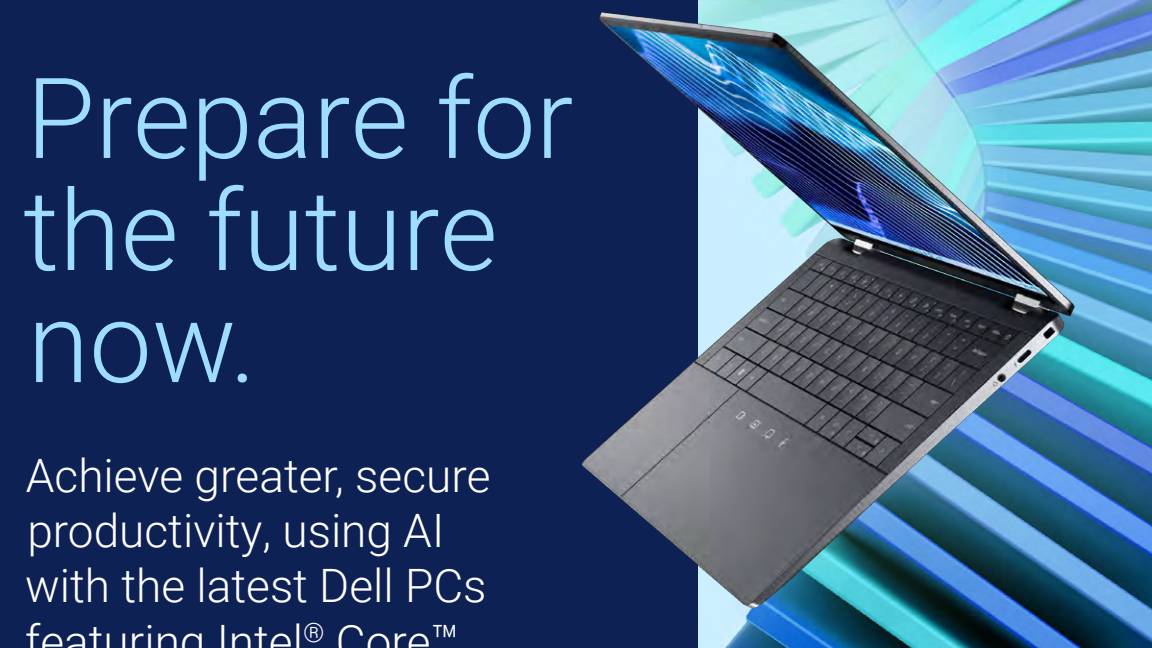 Prepare for the future now. Achieve greater, secure productivity, using AI with the latest Dell PCs powered by Intel® Core™ Ultra and Copilot
Prepare for the future now. Achieve greater, secure productivity, using AI with the latest Dell PCs powered by Intel® Core™ Ultra and Copilotwhitepaper Protection across AI attack vectors
-
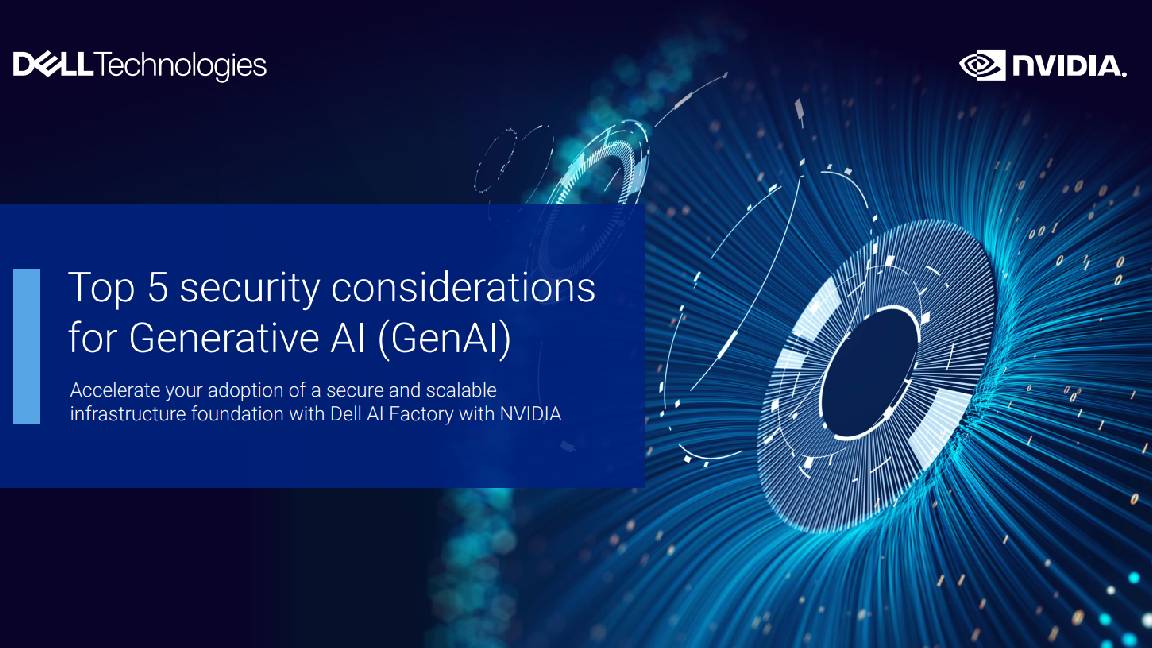 Top five security considerations for generative AI (Gen AI)
Top five security considerations for generative AI (Gen AI)whitepaper Accelerate your adoption of a secure and scalable infrastructure foundation with Dell AI Factory with NVIDIA
-
 Deliver engaging and personalized experiences with your own digital assistants
Deliver engaging and personalized experiences with your own digital assistantswhitepaper Protection across AI attack vectors
-
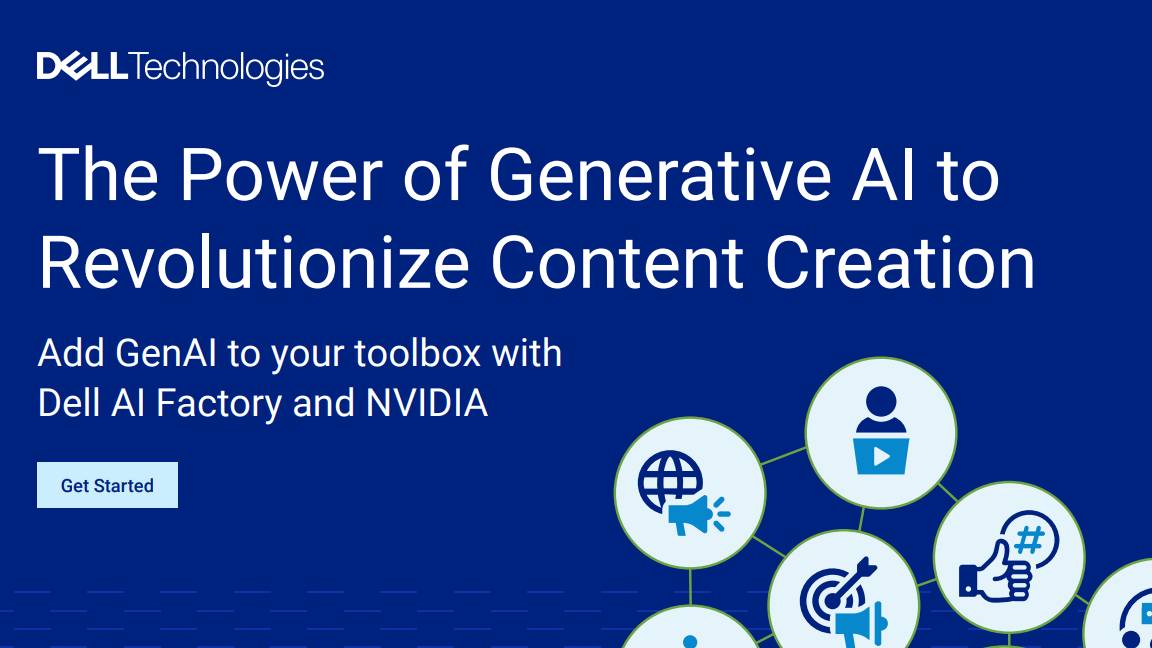 The power of generative AI to revolutionize content creation
The power of generative AI to revolutionize content creationwhitepaper Protection across AI attack vectors
-
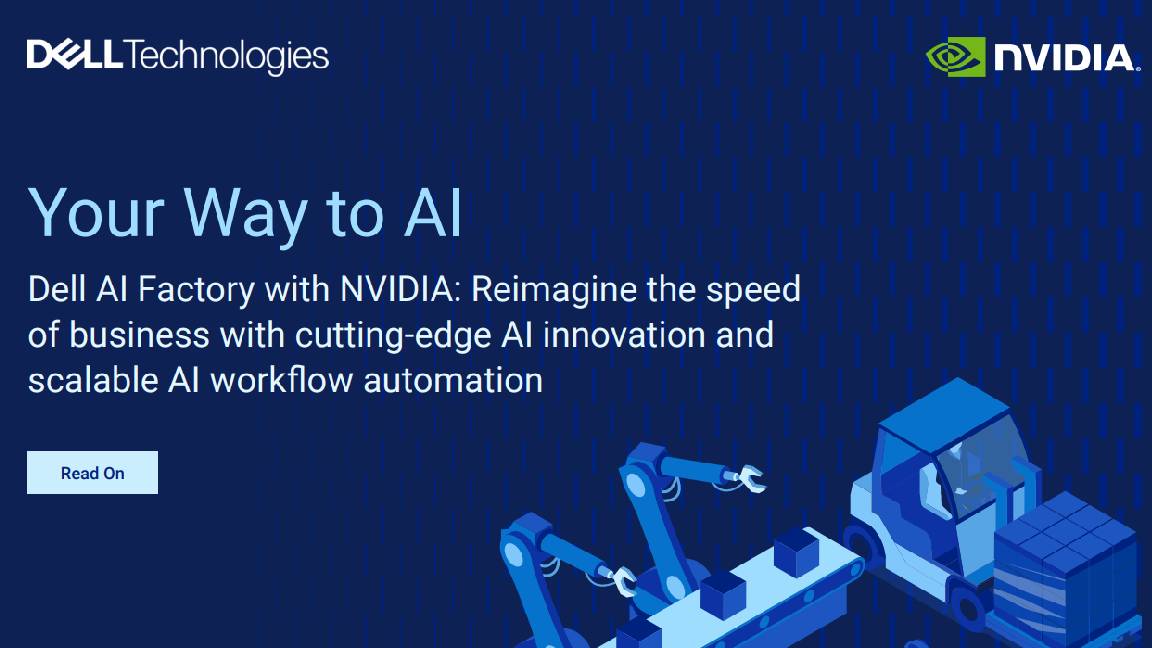 Your way to AI
Your way to AIwhitepaper Protection across AI attack vectors
